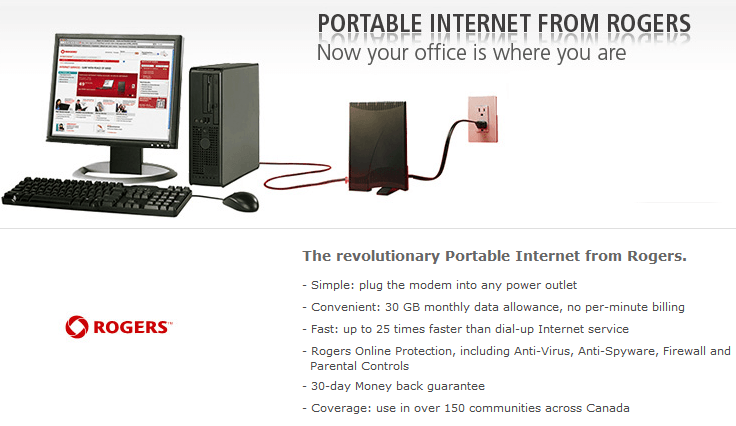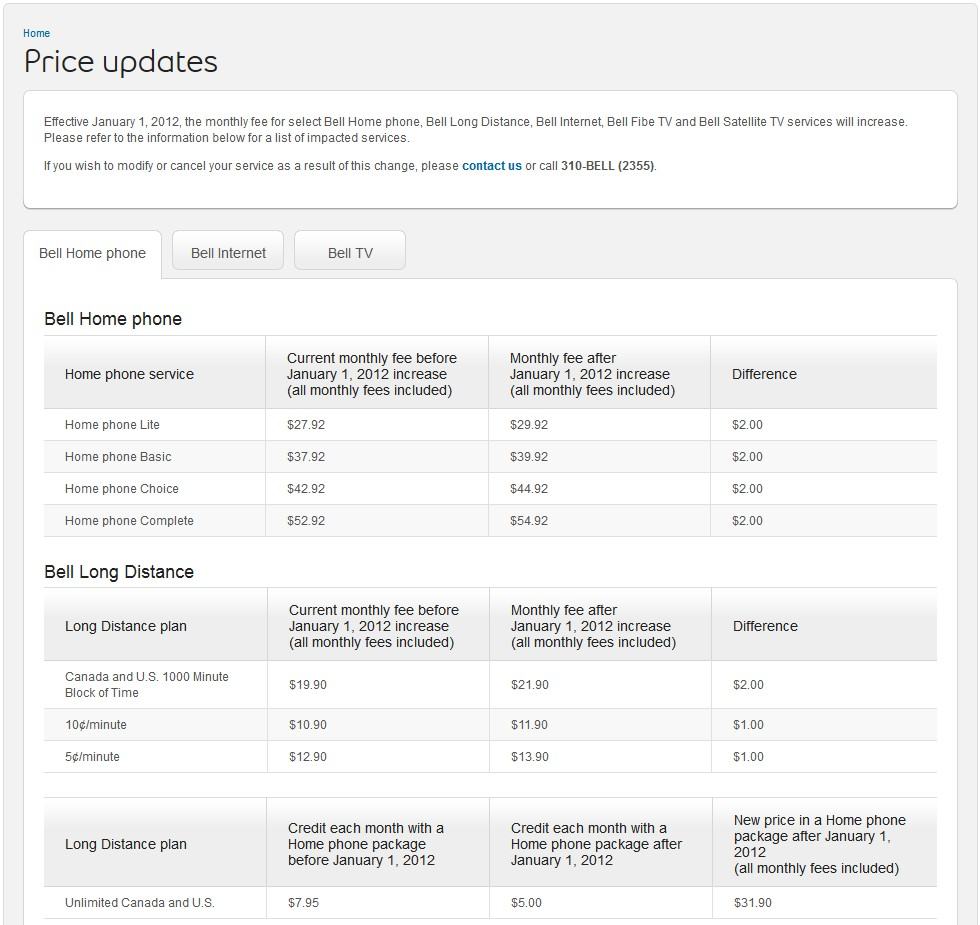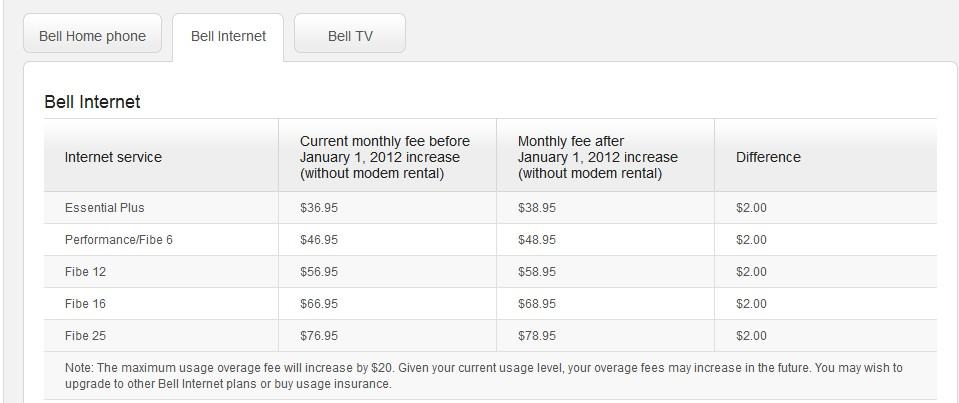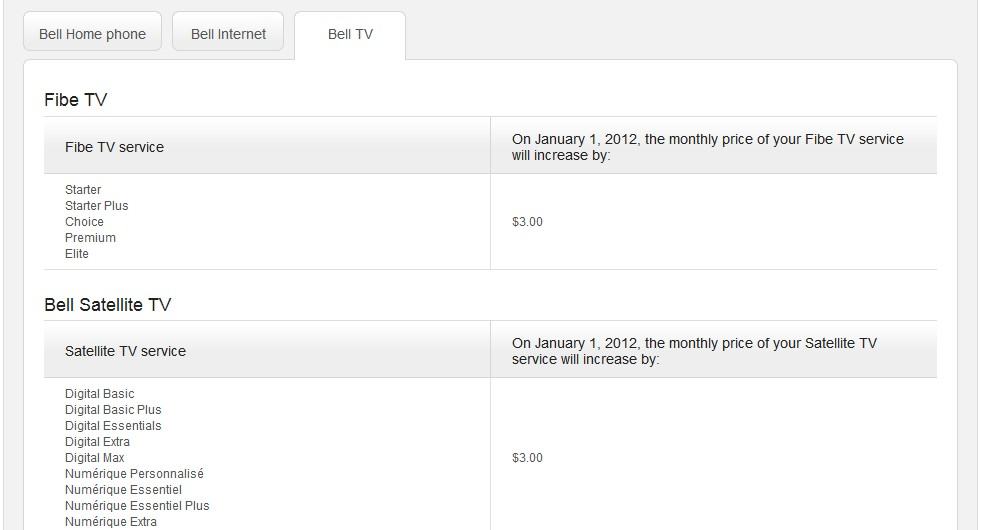ViaSat, the parent company of satellite Internet service provider WildBlue, will introduce new pricing and speed packages Tuesday for its satellite broadband service.
WildBlue has offered satellite-based Internet access for several years, but the speeds and heavily-restricted “fair access policy” have left many customers looking for something better. But for many satellite Internet customers, DSL or cable broadband is miles away and will be indefinitely, so any improvement in satellite broadband is good news.
“Are the days of satellite fraudband finally over?” asks Stop the Cap! reader Madeline who lives in rural Idaho. “I was a customer of WildBlue and Hughes in the past and both were not worth bear spit.”
Madeline and her family are potato farmers, and have been for three generations. She remembers when the phone company started selling dial-up Internet access and got hooked on the Internet to get updated weather reports, trade farming information, and stay in touch with relatives. But as the web has grown more multimedia-oriented, dial-up has progressively become an intolerable way to experience it.
“In the 1990s, web ads and pages were simple and they’d load quick,” she says. “Now it’s all video ads and other things that take five minutes or more to appear, so you become stuck waiting until you give up.”
WildBlue’s new satellite, ViaSat 1, may change the perception of a satellite Internet experience that is only slightly more tolerable than dial-up. With speeds up to 12Mbps, WildBlue’s new speed packages will finally deliver something more than the 1.5Mbps “Pro” service the company currently sells for $80 with a 17GB usage cap.
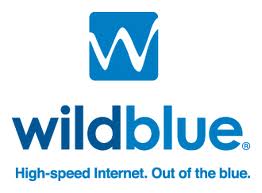 “The key words with satellite are ‘up to‘ because you never get the speeds they promise, especially at night when everyone is on,” Madeline says. “If you use what they consider to be ‘too much,’ your speeds are cut further.”
“The key words with satellite are ‘up to‘ because you never get the speeds they promise, especially at night when everyone is on,” Madeline says. “If you use what they consider to be ‘too much,’ your speeds are cut further.”
ViaSat 1 has a total capacity of 140Gbps, double that of the company’s other satellite — KA-SAT. That wireless pipeline will eventually be shared by commercial, government and residential customers. With several hundred thousand anticipated users, WildBlue will continue to restrict usage even with the new capacity. No word on what specific limits will be put in place, but it is likely customers will at least enjoy a speed boost from the new satellite. ViaSat hopes to economize using web compression technology and other traffic management techniques to make efficient use of the satellite’s broadband capacity.
Madeline remains unconvinced, however.
“You don’t choose satellite Internet because you want to, you choose it because you have to,” she says. “My guess is WildBlue will continue the same low caps — especially to make sure we steer well clear of web video — and will still charge us a lot of money for service you can’t use all you want.”
Madeline went back to dial-up and frequently visits some nearby relatives who receive Internet from a Wireless ISP.
“While everyone else in the country is talking about Netflix and making video calls to relatives, we are still sending e-mail and setting egg timers to make sure we don’t stay online too long and get throttled before the month is out.”
WildBlue’s Existing Packages (Company-supplied information)
| PACKAGES | VALUE | SELECT | PRO |
| Features | Good for e-mail and basic web browsing only. | Better for frequent e-mail use, web surfing, music downloads, online shopping, and sharing photos. | The current top of the line plan delivers slightly better speed, but more importantly, a more generous usage allowance. |
| Download Speed | up to 512 Kbps | up to 1.0 Mbps | up to 1.5 Mbps |
| Upload Speed | up to 128 Kbps | up to 200 Kbps | up to 256 Kbps |
| Email Addresses Powered by Google — more than 7GB each | 5 email addresses | 5 email addresses< | 10 email addresses |
| Spam & Virus Filtering | Included | Included | Included |
| Thresholds* | 7,500 MB download 2,300 MB upload | 12,000 MB download 3,000 MB upload | 17,000 MB download 5,000 MB upload |
| 24/7 Technical Support | Included | Included | Included |
| Equipment Limited Warranty |
Included | Included | Included |
| Anti-Virus Anti-Spyware Software |
Free during your first 12 months of WildBlue service ($2.95/month thereafter). |
||
| WildBlue.net Portal | Your WildBlue.net home page will bring you a mix of news, weather, sports, and entertainment, plus powerful features that you can customize, all brought to you through a single web page powered by Google. You’ll have access to more than 2,000 Google Gadgets that you can add to your customized home page. | ||
| Dial-up Access (optional) |
10-hour package of remote-access dial-up for $7.95/month. | ||
WildBlue’s Acceptable Use Policy.
*A “threshold” (a/k/a “usage cap”) is the amount of data that you can upload or download in a 30-day period before WildBlue’s Fair Access Policy (speed throttle) applies.
[flv width=”640″ height=”380″]http://www.phillipdampier.com/video/Wildblue Demo.flv[/flv]
WildBlue produced this demonstration to show off web browsing over its new ViaSat 1 satellite. Keep in mind this browsing session took place before the satellite was available for general customer use and the company avoids mentioning its usage limits, which are extremely small in comparison to wired broadband. (3 minutes)


 Subscribe
Subscribe


